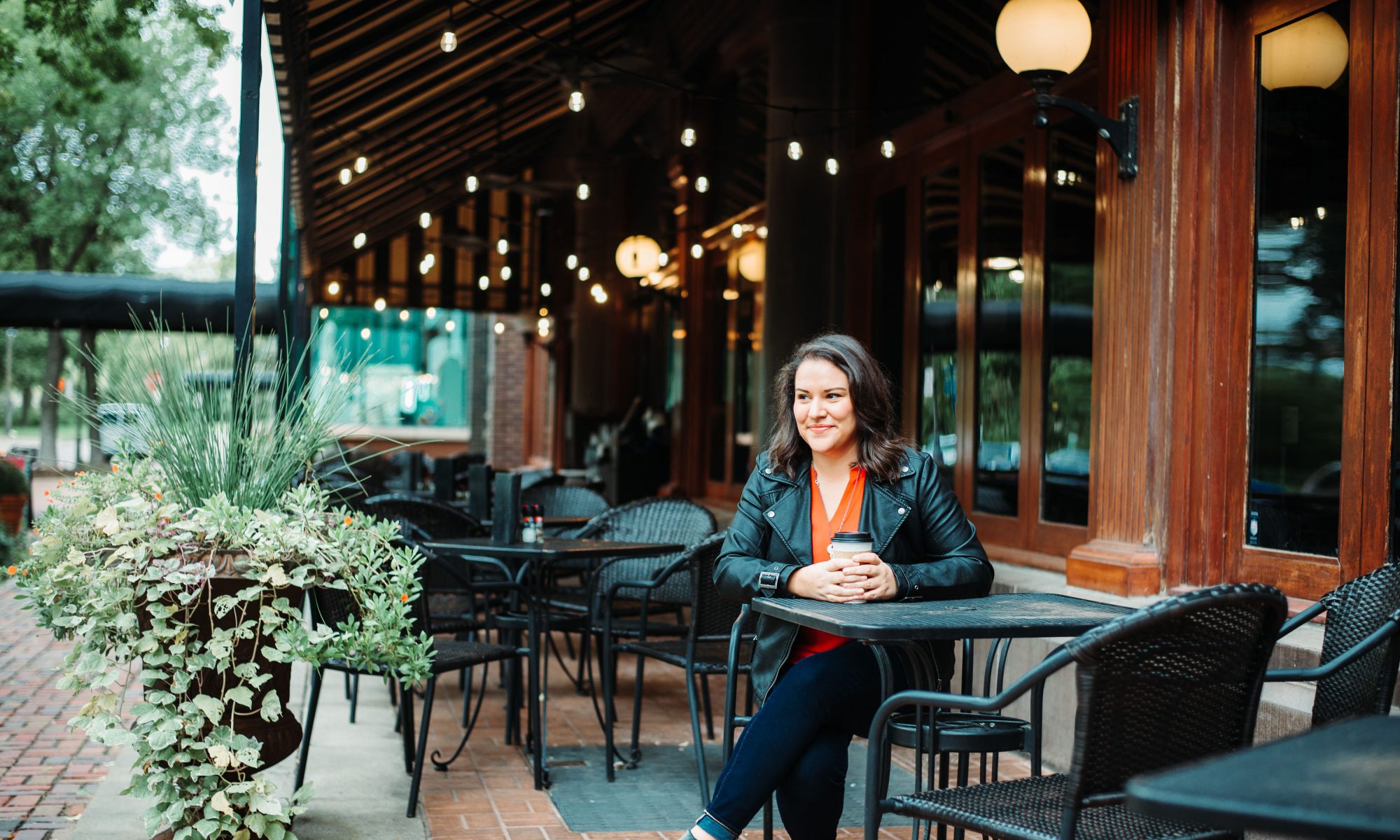We were singing this song in church recently, a song I’ve sung a dozen times before. There were these lyrics that made me stop in my tracks:
Earth has no sorrow
That Heaven can’t heal
So lay down your burdens
Lay down your shame
All who are broken
Lift up your face
In my core I believe these words. I believe that there is no earthly thing that cannot be healed in Heaven. I believe that there will be a day where there are no more tears, no more sorrow. I believe in these things.
But I also know of a pain that burdens you and cannot be simply laid down. By that I mean the pain of systemic injustice. Well, it can be laid down, in one moment at the cross, until the next time you walk outside and feel it’s weight come crashing back down upon you – from a tweet, a micro aggression, a jarring news story or even just an outright violation of your rights as a human being.
Is the burden of the oppressed one that requires daily surrender? Almost like the opposite of a daily affirmation.
Or rather – it’s counterpart.
Wake up in the morning and say your daily affirmation to remind yourself that you are valued, put on your armor as you get ready to face a day where the world will tell you that you actually have less value than your counterparts with different skin, different genders, different ages, different abilities, different attractions. Go out and face your day like a champ.
Then you come home at night. Kneel at the foot of the cross and lay them down again. The burdens you’ve been handed throughout the day. The list might be short – maybe you only saw evidence of oppression in the media. Or the list may be long – maybe you were personally treated as though you had less value.
I know all burdens laid at the cross are not a magical cure of sin. I know that the act of laying them at the cross is one of discipline, of a practice of surrender to our Lord and Savior. I know we have the Spirit within us, that the Spirit has the ability to heal our hearts from the hardness of suffering and oppression. I know all these things. But some mornings, as I sing those words, I am angry.
I am angry that I am here, laying this burden of injustice down at the foot of the cross – again. And my oppressors are not.
And I have to accept that. I have to find the strength to accept that I will never understand. I do not get to dictate how others act or interact. I cannot make someone understand the way that they have made someone else feel with their words, their actions or their violence. I can only find the strength to come, day after day and lay it down at the cross. I can only choose to not let it become my bitterness. I can only choose to use my voice to call it out when I see it, in the world or in myself.
It feels as though we can hardly scan through the news without seeing countless stories of implicit bias and those are just the ones that make national news. For those among us who are within the minority, every time we read that headline we feel that pain. And not just the painful lament of how our country/our schools/our police officers/our churches value some over others, but also the personal pain of experience. Countless stories of being followed, pulled over, accused of something without grounds, not given the same chances or benefits – all those personal memories come flooding in, reopening the wounds. The personal identification of systemic trauma – these stories have a profound effect on the minorities in our country. Even when we roll our eyes and say we’re not surprised – it hurts.
There are times when it feels like as a culture we are hoping to push through the pain and move on. As if it didn’t just re-traumatize an entire section of our population. As if these things don’t matter because it happened to people that aren’t here with us. They didn’t happen to our loved ones so we can wag a finger at those people over there who reacted poorly to the presence of a minority.
We aren’t asking questions of ourselves and those in our communities to dig deeper into this heart breaking reality. We aren’t taking a hard look inside to see where the implicit bias has attached itself within us. We aren’t fighting against the apathy or the privilege of being able to walk away.
But the cost is too high to keep things they way they are. When we aren’t calling it out, when we aren’t naming the sin of Racism and White Supremacy we are causing more and more pain for our brothers and sisters of color. We are continuing a tradition that says comfortability for all is more important than justice for all. We are perpetuating unsafe spaces for people of color.
The thing those of us in leadership need to remember is that systemic injustice is a daily burden for our brothers and sisters of color. It can seem like a weight that will never lift. When we fail to see that burden and call it a burden, we are invalidating the pain that is ever present.
The first step to correcting the injustice is to first have our eyes open to seeing it in the first place.
